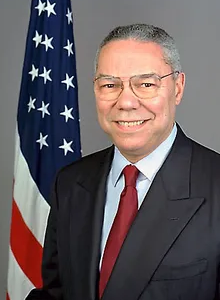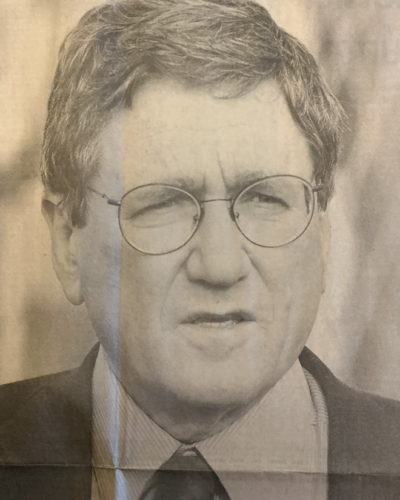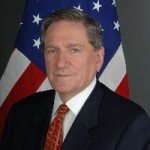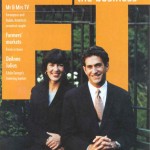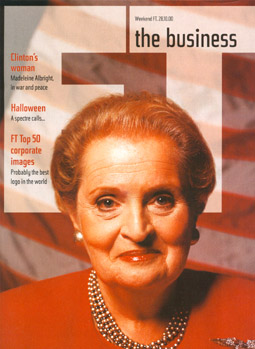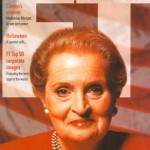Paradise so close, yet so far
Do you sometimes find yourself unjustifiably envied by friends or colleagues for taking a business trip to a place known as “paradise on Earth”? Do you try to explain to them that you don’t really have time to enjoy it, or have you given that up?
“Tough life” is a sarcastic exclamation I often hear before traveling overseas, and to some extent I understand it. As often happens, at the beginning of the summer several friends asked me about my upcoming trips with Secretary of State Hillary Rodham Clinton. Two of our planned destinations were the Greek island of Corfu and the Thai resort town of Phuket. No wonder people think I lead a charmed life. Although I have no reason to complain, the reality is very different…




